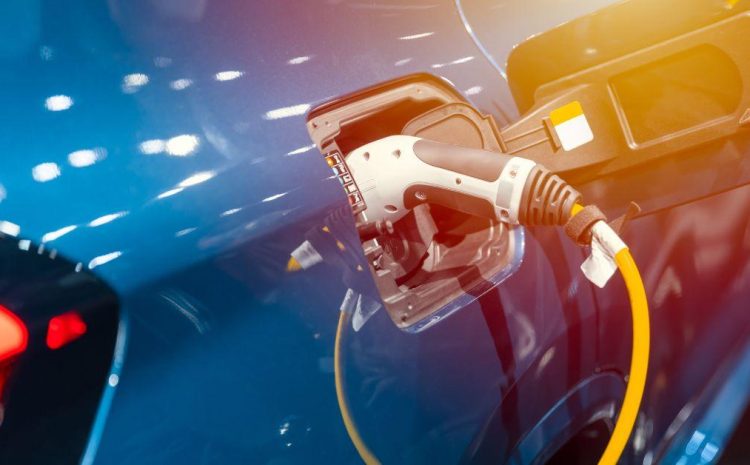
How Hybrid Cars Cut Fuel Costs?
Key Takeaways:
- Hybrid cars integrate electric and gasoline power sources for exceptional fuel efficiency, minimizing costs while reducing emissions.
- Innovative features like regenerative braking and idle stop-start technology further enhance fuel savings, especially in urban driving conditions.
- Reduced maintenance requirements and tax incentives make hybrid ownership financially attractive, advancing sustainability in transportation.
Introduction:
As a dedicated advocate for both environmental sustainability and financial prudence, I’ve always been fascinated by the innovative technology behind hybrid cars and their potential to revolutionize our approach to transportation.
In this comprehensive guide, I’ll delve into the intricacies of hybrid vehicles and explore how they effectively cut fuel costs while offering an eco-friendly alternative to traditional gasoline-powered cars.
Understanding Hybrid Cars
Hybrid cars represent a groundbreaking fusion of conventional gasoline engines and electric propulsion systems. Unlike traditional vehicles that solely rely on gasoline engines, hybrids incorporate an electric motor powered by a rechargeable battery alongside an internal combustion engine.
This dual power source enables hybrid cars to operate more efficiently, utilizing electric power for low-speed driving and seamlessly switching to gasoline power for higher speeds or increased power demands.
Maximizing Fuel Efficiency
One of the primary benefits of hybrid cars is their exceptional fuel efficiency. By harnessing the synergy between electric and gasoline power, hybrids optimize energy usage to minimize fuel consumption. During low-speed driving or when idling, hybrid vehicles rely solely on electric power, conserving fuel and reducing emissions.
This is particularly advantageous in urban settings, where frequent stops and starts are common, allowing hybrids to operate in electric mode for extended periods, further reducing fuel costs.
Regenerative Braking: Capturing Kinetic Energy
Regenerative braking is a key feature that sets hybrid cars apart from their conventional counterparts. This innovative technology converts kinetic energy generated during braking into electricity, which is then stored in the hybrid battery for later use.
Traditional vehicles dissipate this energy as heat through friction brakes, resulting in wasted energy and increased fuel consumption. However, hybrid cars utilize regenerative braking to capture and store this otherwise lost energy, effectively improving fuel efficiency and reducing wear on brake components.
Idle Stop-Start Technology: Eliminating Fuel Waste
Idle stop-start technology is another fuel-saving feature commonly found in hybrid cars. This system automatically shuts off the engine when the vehicle comes to a stop, such as at traffic lights or in heavy traffic, and restarts it when the driver releases the brake pedal.
By eliminating idling, which consumes fuel unnecessarily, hybrid cars equipped with this technology can significantly reduce fuel consumption and emissions, particularly in urban driving conditions where idling occurs frequently.
Optimized Powertrain Design
Hybrid cars prioritize efficiency with advanced powertrains blending electric motors and gasoline engines seamlessly. This integration enables hybrids to achieve impressive MPG ratings, surpassing traditional cars while maintaining performance. The result: significant fuel savings over time.
Reduced Maintenance Costs
In addition to fuel savings, hybrid cars offer cost savings through reduced maintenance requirements. The electric motor in hybrid vehicles experiences less wear and tear compared to traditional gasoline engines, thanks to fewer moving parts and less frequent high-speed operation.
This translates to lower maintenance costs over time, as hybrid owners may spend less on oil changes, spark plug replacements, and other routine services typically associated with internal combustion engines.
Tax Incentives and Rebates
Beyond the inherent fuel savings associated with hybrid technology, many governments incentivize the purchase of hybrid vehicles through tax credits, rebates, and other financial incentives.
These incentives vary by region but can significantly offset the initial cost of buying a hybrid car, making it a more financially attractive option for eco-conscious consumers. By taking advantage of these incentives, drivers can maximize their savings and accelerate the return on investment of owning a hybrid vehicle.
Conclusion:
In conclusion, hybrid cars excel in cutting fuel costs and reducing environmental impact through advanced features like regenerative braking and idle stop-start technology.
Optimized powertrains and reduced maintenance further contribute to long-term savings, while tax incentives enhance the financial appeal. Embracing hybrids advances sustainability and efficiency in transportation globally.
FAQs
1. Are hybrid cars more expensive to buy?
Initially, hybrid cars may cost more due to advanced technology, but long-term savings in fuel costs and incentives often make them cost-effective.
2. Do hybrids need special maintenance?
While some components like the hybrid battery may require specialized servicing, overall maintenance is similar to traditional cars, with potential savings due to regenerative braking.
3. Can hybrids handle long-distance driving?
Yes, hybrids can handle long distances with ease. The electric motor and gasoline engine work together, ensuring continuous operation and hybrid batteries are durable with warranties for peace of mind.
More Resources:
Benefits of Investing in Hybrid Cars
Unveiling the Top 13 7-Seater Hybrid SUVs for 2024
Unveiling the Mechanics: Regenerative Braking and Hybrid Car Charging

3 Comments
Reading your article helped me a lot and I agree with you. But I still have some doubts, can you clarify for me? I’ll keep an eye out for your answers.
what you want to ask ?
Your article helped me a lot, is there any more related content? Thanks!